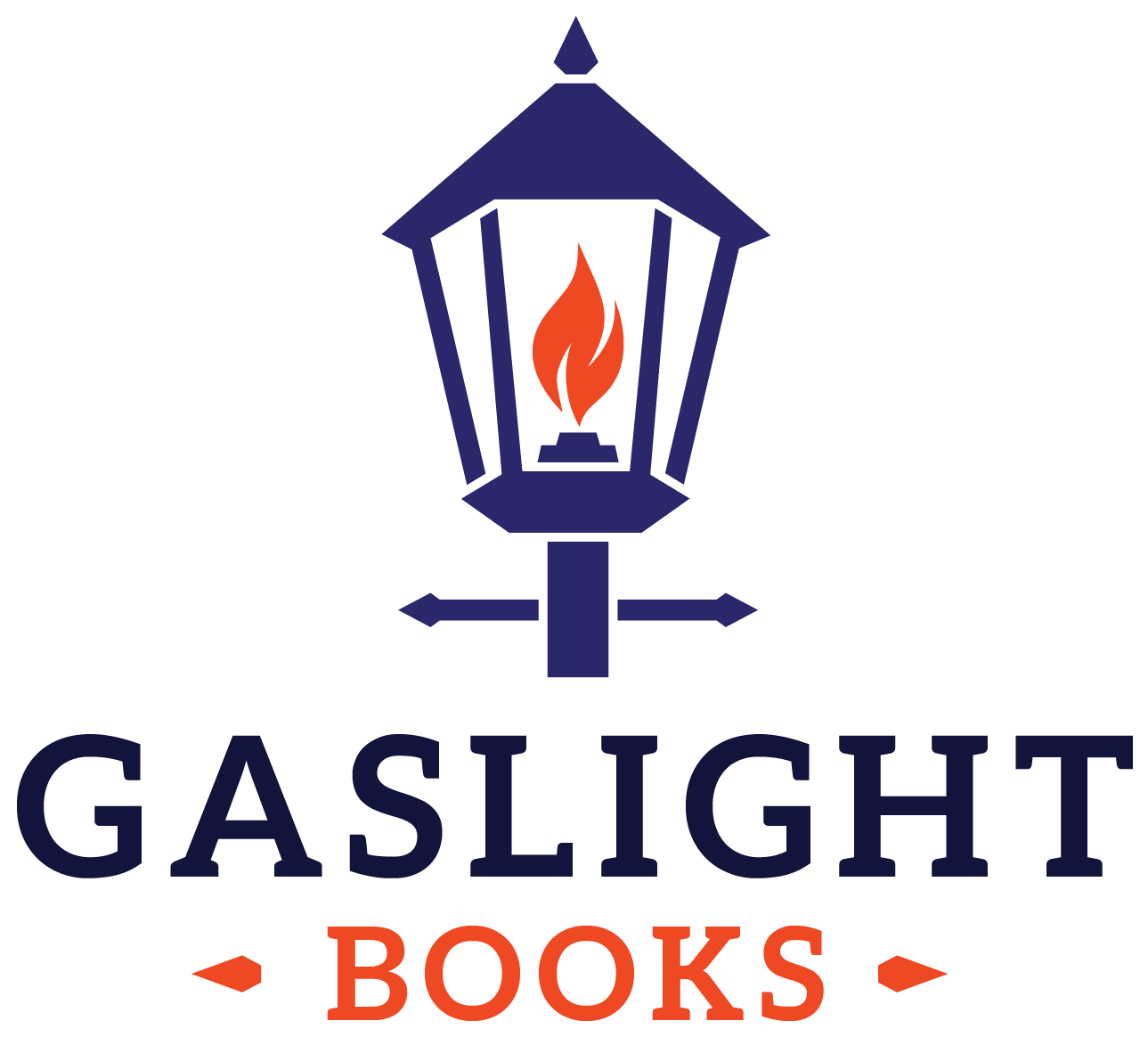Fantasy is one of the most expansive genres in fiction, and with a subject with only the imagination as its limit, it is easy to see why. Due to the genre’s vast catalogue and flexibility, many sub-genres of fantasy exist, which are defined by theme, setting, and other factors. In this article, we will explore several popular fantasy sub-genres, what makes them unique, and some of the best examples they have to offer.
High Fantasy
High fantasy is determined by its setting; these stories take place on worlds other than our own. Often, these worlds have their own rules and natural orders, which in many cases include some form of magic. The greatest high fantasy authors are masters of worldbuilding, or the development of fantastical worlds that feel alive and, sometimes, plausible.
High fantasy is sometimes referred to as epic fantasy, though the term “epic fantasy” suggests a large, sprawling story that includes a formidable roster of characters and a conflict with world-altering (or world-ending) consequences. By this definition, high fantasy is not always necessarily epic fantasy, but the two terms go hand-in-hand more often than not.
Low Fantasy
As its name suggests, low fantasy is the opposite of high fantasy in that it takes place in our own world, or at least in a world very similar to our own. The second defining factor of low fantasy is that magic is not commonplace in the world, and so the plots of these stories often involve characters discovering the fantastical, upending their ordinary lives.
Contemporary Fantasy
Contemporary fantasy, also called magical realism, takes place in our own world, often in a modern setting. Unlike low fantasy, it is common within contemporary fantasy for the world’s magical elements to be accepted by large groups of people, if not commonplace. While low fantasy revolves around fantastic elements clashing with the world we know, contemporary fantasy tends to speculate how fantastical elements would change society over time.
Dark Fantasy
Dark fantasy often overlaps with other fantasy sub-genres, but its stories tend to include horror elements and to focus on the immoral, criminal underbellies of their fantastic societies. The protagonists of dark fantasy stories are usually far less good-natured and heroic than those of other types of fantasy stories, or at least their motivation has more to do with their own survival than with lofty ideals.
Urban Fantasy
Due to its contemporary fantasy setting, the terms “urban fantasy” and “contemporary fantasy” are often used interchangeably. However, it is typically agreed that urban fantasy is a form of contemporary fantasy that takes place in a primarily urban setting.
Science Fantasy
Science fantasy involves the combination of magical and science fiction elements, usually with one being used to enhance the other. One frequently-used storyline in this sub-genre is the competition between factions to create the most effective magical technology. Many stories in the steampunk genre also fall into this category.













